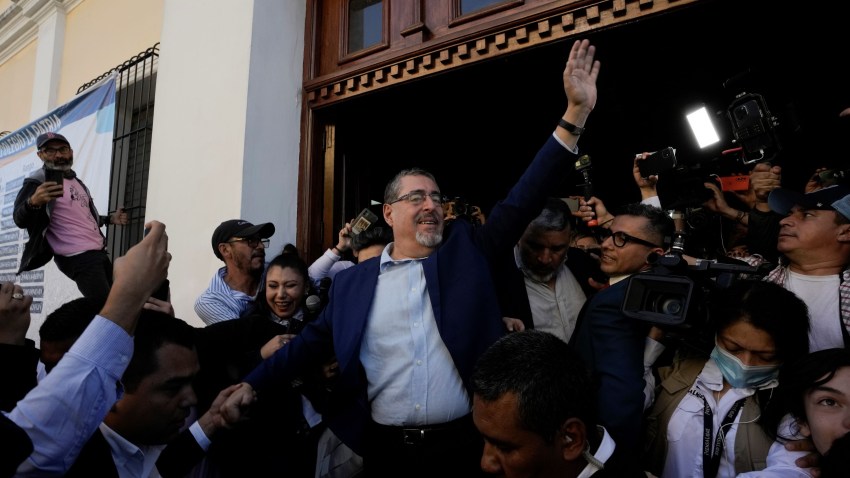Guatemalan voters turned out in large numbers yesterday to elect Bernardo Arevalo as their president, in a rare sign of hope for the country’s democracy. An anti-graft advocate and son of Guatemala’s first democratically elected president, Arevalo came out of nowhere to finish second in June’s first-round ballot, setting the stage for his victory in yesterday’s runoff.
His task in the coming months will be to successfully navigate the immediate aftermath of his election victory and the coming transition, which outgoing President Alejandro Giammattei and his allies are sure to make as difficult as possible. If Arevalo makes it through that, he must figure out how to govern with a congressional minority and begin the politically sensitive process of rooting out the country’s deeply embedded networks of corruption.
Arevalo’s challenges in trying to clean up Guatemala will be the subject of next week’s column. First, it’s worth reflecting on how Guatemala’s election fits into a few regional trends. Across Latin America, it marks the 16th of the past 17 presidential elections that have gone against the party in power. That’s an anti-incumbent streak unlike any ever seen in the history of democratic elections in Latin America, where ruling parties used to have a substantial advantage over their opponents. Since 2018, only Paraguay, which the Colorado Party has ruled for nearly all of the past eight decades, has seen an incumbent party emerge victorious in a free and fair election, with its candidate, Santiago Pena, winning April’s election and taking office last week.

